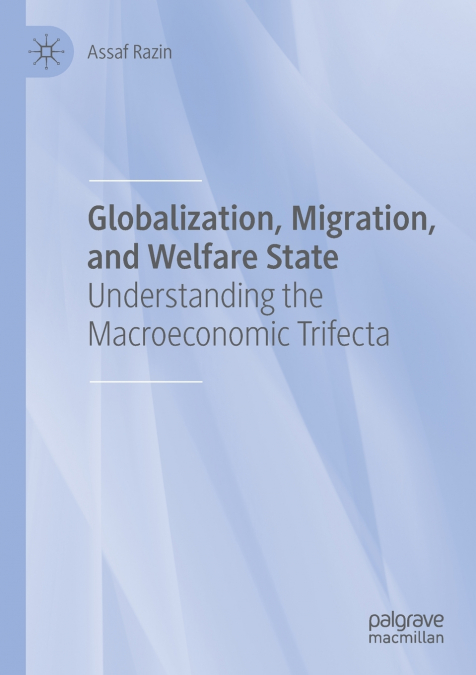
 Librería Desdémona
Librería Desdémona
 Librería Samer Atenea
Librería Samer Atenea
 Librería Aciertas (Toledo)
Librería Aciertas (Toledo)
 Kálamo Books
Kálamo Books
 Librería Perelló (Valencia)
Librería Perelló (Valencia)
 Librería Elías (Asturias)
Librería Elías (Asturias)
 Donde los libros
Donde los libros
 Librería Kolima (Madrid)
Librería Kolima (Madrid)
 Librería Proteo (Málaga)
Librería Proteo (Málaga)
This book is about three key dimensions in economics-globalization, migration and the welfare state-that are of enduring interest. These issues are particularly important to consider at the present moment given the strains posed by the pandemic: there is at least a temporary setback to trade-globalization and migration, and the cost of fighting the pandemic will strain the ability of governments to provide welfare state services in a style and scope to which many of their citizens have become accustomed. The book explains the changing function of the welfare state in the presence of intensified globalization, or de-globalization, forces. The welfare state’s policy-maker attitudes toward openness and migration depend on open-economy fundamentals, and the income class it represents. The author demonstrates the interactions between migration, globalization and macroeconomic policy in practice, using real-world unique episodes, with Israel deemed as well-functioning trifecta, and the US and Europe as imperfectly functioning trifecta.